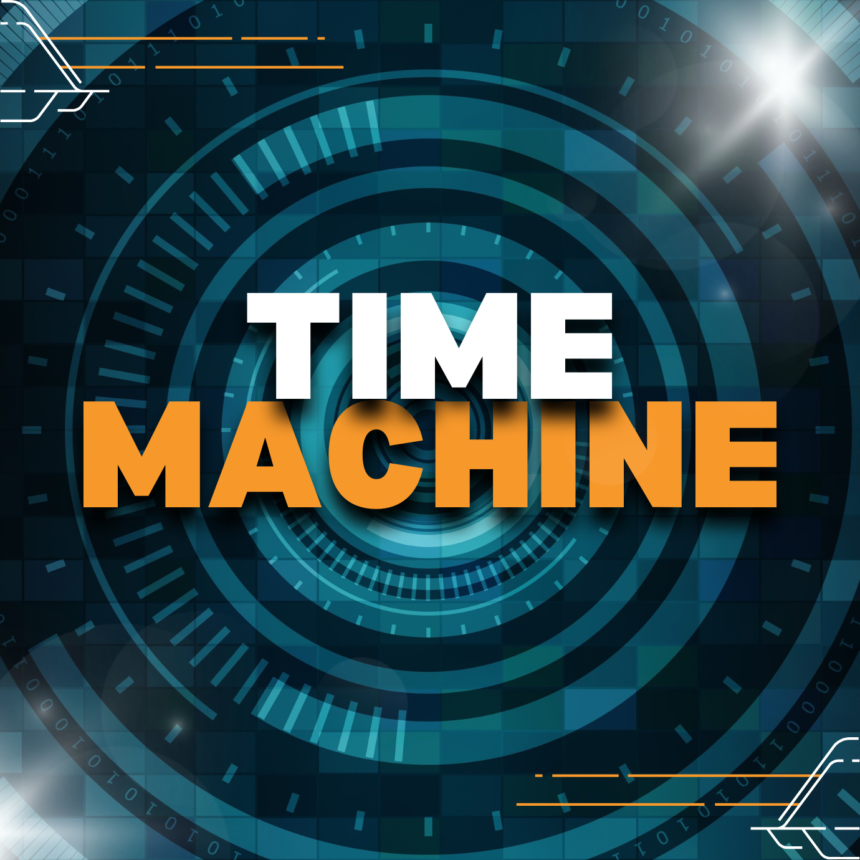The concept of time travel has fascinated human minds for centuries, inspiring countless works of science fiction and capturing the imagination of people worldwide. While time travel remains a theoretical concept, it has become a popular topic in literature, movies, and scientific discussions. Let’s delve into the basics of time travel and explore its various aspects:
What is Time Travel?
Time travel refers to the hypothetical ability to move backward or forward in time, allowing an individual or object to experience events from the past or future. This concept is based on the notion that time is not fixed but can be manipulated or navigated, similar to physical space.
Theories of Time Travel:
Several theories within physics and cosmology suggest that time travel might be theoretically possible:
- Einstein’s Theory of Relativity: According to Albert Einstein’s theory of relativity, time is interconnected with space in what is known as the space-time continuum. Extremely strong gravitational forces or the bending of space-time could, in theory, create “time loops” or “wormholes” that might allow for time travel.
- Time Dilation: Another aspect of Einstein’s theory is time dilation, which implies that time passes differently for objects moving at different speeds. As an object approaches the speed of light, time would slow down relative to objects with slower velocities, potentially leading to time travel to the future.
- Closed Time-Like Curves (CTCs): Some solutions in theoretical physics, such as those involving rotating black holes, suggest the existence of CTCs. These are paths in space-time that loop back on themselves, potentially allowing for time travel into the past.
Types of Time Travel:
Time travel concepts are often categorized into two main types:
- Backward Time Travel: This involves traveling back to an earlier point in time, allowing travelers to witness historical events or alter the past. The concept of altering the past raises questions about causality and the possibility of creating paradoxes, such as the “grandfather paradox” – if you were to travel back and prevent your grandparents from meeting, would you still exist?
- Forward Time Travel: This type involves moving into the future, enabling travelers to witness events yet to occur. Forward time travel is relatively more feasible within the framework of Einstein’s theory of relativity, where high velocities or strong gravitational fields can cause time dilation.
The Grandfather Paradox:
The “grandfather paradox” is a famous thought experiment often used to illustrate the potential contradictions that could arise from backward time travel. If you were to travel back in time and prevent your grandfather from meeting your grandmother, then you would never be born, which raises a logical paradox.
Time Travel in Fiction:
Time travel has been a recurring theme in science fiction, with famous works such as H.G. Wells’ “The Time Machine” and movies like “Back to the Future” series exploring various aspects of time travel.
The Current State of Time Travel:
As of now, time travel remains a theoretical concept. While some theories within physics allow for the possibility of time travel, no practical methods or devices for time travel have been developed or demonstrated. Scientists continue to explore the boundaries of physics and cosmology, seeking to understand the true nature of time and its potential for manipulation.
In conclusion, time travel is a captivating and complex concept that continues to intrigue scientists and enthusiasts alike. While it remains speculative at present, the study of time and its relationship with space continues to be an exciting frontier in scientific exploration.
